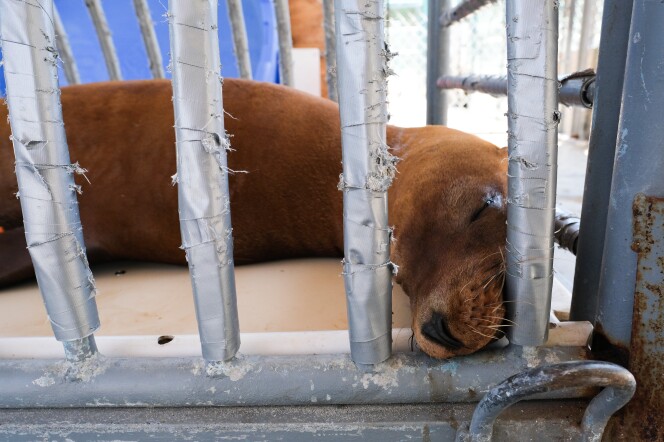This story is free to read because readers choose to support LAist. If you find value in independent local reporting, make a donation to power our newsroom today.
Why Daylight Saving Time Is Starting Again In California

In the wee hours of Sunday morning, Californians (and most of the rest of the country) will have to move their clocks one hour forward, starting eight months of daylight saving time. The change means we get to experience more daylight later in the day, but the sudden hour of lost sleep can be jarring for some people — and can even increase health risks, experts say.
How To Spring forward
Clocks roll back an hour officially at 2 a.m. Sunday, March 10.
Didn’t Californians vote on this issue? Yes, sort of, but it isn’t quite that simple.
The backstory
In November 2018, voters overwhelmingly passed Proposition 7. But the measure only allowed the Legislature to change daylight saving time, either by establishing it year-round or abolishing it.
A change still requires a two-thirds majority of both the state Assembly and Senate and the governor’s signature. Permanently keeping daylight saving time also requires congressional action — and that hasn’t happened.
California doesn’t have to wait on Congress to use standard time, which is what Hawaii and most of Arizona do.
Where things stand
So this year Republican Sen. Roger Niello of Roseville introduced legislation to do away with daylight saving time for good and establish standard time year-round. (Westminster Republican Tri Ta is carrying a twin bill in the Assembly.)
Arguing that standard time makes “the most sense,” Niello says his bill has the backing of the California Medical Association. A large portion of the medical and sleep expert communities also agree that standard time coincides better with people’s natural clocks.
In its analysis of Prop. 7, the nonpartisan Legislative Analyst’s Office said continuing to switch between time standards potentially affected “worker productivity and the number of accidents.”
Disagreement over which to go with
But California lawmakers can’t quite agree what standard we should stick with. In 2021, then-Assemblymember Steven Choi proposed a measure to make daylight saving time permanent (which, again, would still be contingent on changing federal law). The bill died before it reached the Senate.
Even now with Niello’s bill, other lawmakers expressed their preference for year-round daylight saving time — not standard time.
Niello, however, says that last fall, lawmakers from Oregon and Washington reached out to him about making standard time permanent, saying that it would be a “good idea” for the West Coast to align their clocks. There are also similar bills in Idaho and Utah.
And while Niello recognizes that not everybody shares his preference for standard time, at least more could agree with doing away with changing clocks altogether.
“I have become increasingly tired of making the switch myself on a personal basis,” he said.
-
Forget the high-priced festivals. You can regularly see bands in L.A. for under $30, often for $10 or less.
-
Talks between 14,000 workers and hotel operators in SoCal have fallen through.
-
Marine mammal treatment centers are overwhelmed by sick sea lions, likely due to a toxic algal bloom off of the Southern California coast.
-
The Titanic director made 33 dives to the shipwreck and visited ocean depths in a submersible he built himself. He compares OceanGate to the Titanic, in that both ignored safety warnings.
-
Recent attacks by people who professed white nationalist and neo-Nazi sympathies but are not white themselves have raised a question: Why are some people of color drawn to white supremacist ideology? The answer is complicated.
-
The last time one of the animals was seen in California was in 2008, and prior to that the most recent sighting occurred in 1922.












